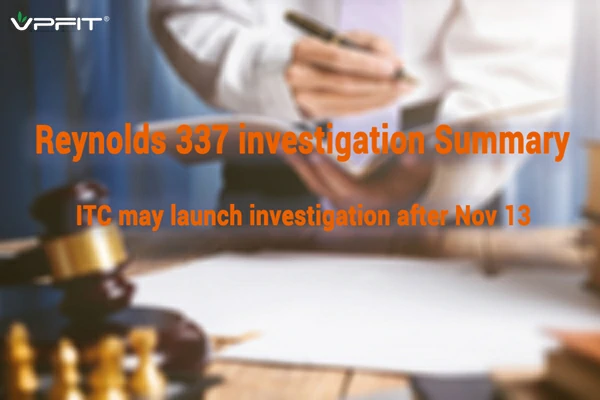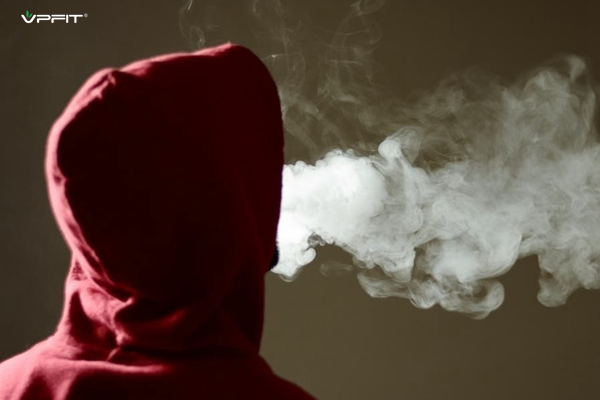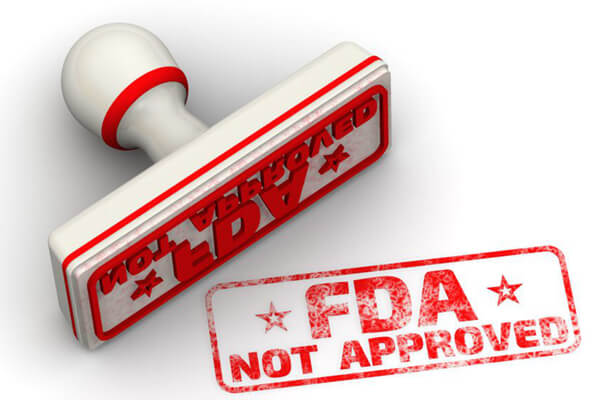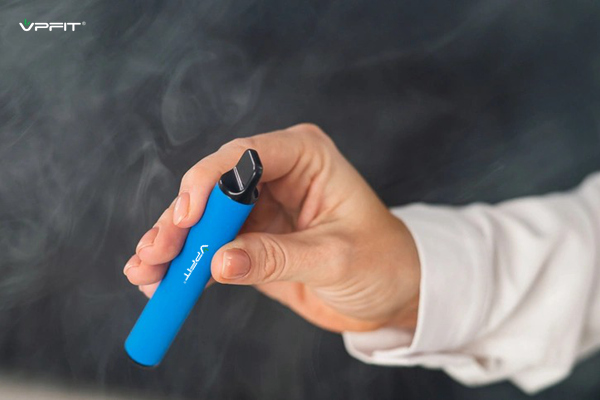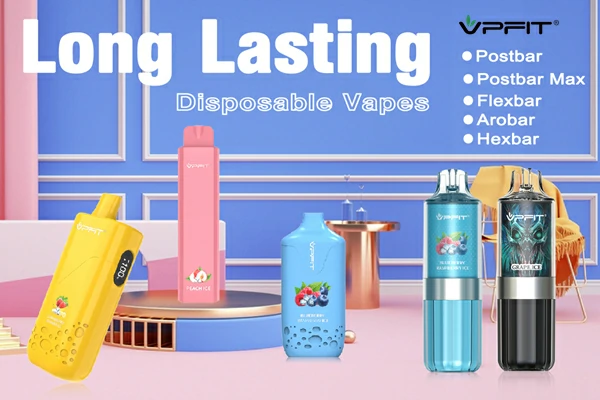
Long Lasting Disposable Vapes Best Choice From VPFIT(2024)
November 7, 2023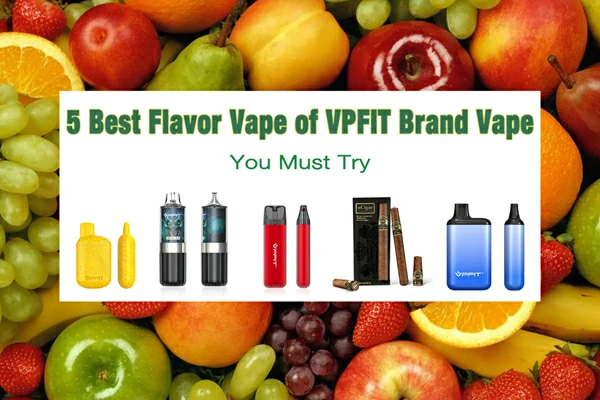
5 Best Flavor Vape of VPFIT Brand Vape You Must Try
November 8, 2023On October 13, Reynolds Tobacco filed an investigation application (337 investigation) with the U.S. International Trade Commission (ITC). It accused 26 Chinese and American e-cigarette manufacturing and distribution companies of unfair import practices.
Reynolds ask the ITC to investigate and issue an exclusion order to prevent further imports of disposable vape products into the United States. If the ITC agrees to Reynolds’ request for an investigation, all flavored disposable vape devices without marketing authorization could be blocked from entering the U.S. market at the border.
In addition, Reynold said in its complaint that it has the ability to fill any gaps in the market if illegal products are removed.
Based on the above information, VPFIT integrated information from multiple parties to sort out the companies involved, case progress, lawyer’s opinions, and company responses.
Start time: Estimated to start after November 13
As of now, the ITC has not made a decision on the complaint submitted by Reynolds. However, Grace, a practicing attorney in the United States, says that the pace of Section 337 investigations is very fast. Generally, the ITC will decide whether to initiate an investigation 30 days after the complaint is submitted. And in most cases, an investigation will be initiated.
In addition, according to Grace, if the ITC decides to launch an investigation, it is expected to start after November 13.
Companies involved: 13 Chinese vape companies including Shikai, Dawson, and Ai Miracle
Among the 26 companies involved in this case, there are 13 Chinese vape manufacturers, companies and 13 American companies. These Chinese companies are mainly manufacturers and brand owners, while American companies are mainly distributors.
Chinese companies include:
- Shikai: Dongguan (Shenzhen) Shikai Technology Co., Ltd.
- Qisitech: Guangdong Qisitech Co., Ltd.
- Daosen: Shenzhen Daosen Vaping Technology Co., Ltd.
- Fumot: Shenzhen Fumot Technology Co., Ltd.
- Funyin: Shenzhen Funyin Electronic Co., Ltd.
- Han: Shenzhen Han Technology Co., Ltd.
- Innokin: Shenzhen Innokin Technology Co., Ltd.
- IVPS: Shenzhen IVPS Technology Co., Ltd.
- Noriyang: Shenzhen Noriyang Technology Co., Ltd.
- Pingray: Shenzhen Pingray Technology
- Weiboli: Shenzhen Weiboli Technology Co. Ltd.
- iMiracle: iMiracle (Shenzhen) Technology Co. Ltd.
- Vapeonly: Vapeonly Technology Co. Ltd.
Reasons for complaint: Three major unfair competition behaviors
In this case, Reynolds Tobacco claimed that all or part of the defendants in the case engaged in three major categories of unfair competition.
- First, there are false and misleading advertisements. Such as falsely claiming that the product is “permitted” by the US FDA when in fact it is not. Or claiming that the product is unflavored (“Clear”) but in fact it is flavored. And, using a misleading or false designation of origin;
- Secondly, some defendants violated U.S. federal laws and regulations governing electronic nicotine delivery systems (“ENDS”);
- Thirdly, some defendants used incorrect customs codes.
FDA attitude: Hope ITC rejects Reynolds Tobacco’s application
On November 1, VPFIT learned that the FDA sent a letter to the ITC. It imploring the committee not to launch an investigation into certain allegations in the (Reynolds) complaint. At the same time, it emphasized that Reynolds Tobacco has no right to ask the ITC to investigate 26 e-cigarette companies.
Lawyer Tang believes that due to the FDA’s intervention, the ITC may eventually be excluded from jurisdiction. This may hinder Reynold’s Section 337 investigation, but Reynold may still appeal to the court.
Companies response: Some vape companies are preparing to appeal
On October 24, Innokin responds to this incident. The vape brand stated that it was listed as the subject of investigation as the manufacturer of the American e-cigarette brand ESCOBAR. But in fact, the cooperation between Innokin and ESCOBAR has long ended. And there is no relationship between the two parties. Reynolds includes Innokin on the list without investigation and verification, which has no factual basis. Although the Section 337 investigation is ongoing and the ITC has not yet filed a case, Innokin is ready to respond.
Lawyer does not recommend Chinese vape manufacturers and companies deal with it alone
Lawyer Tang Shunliang, a Chinese e-cigarette legal expert, believes that this case is not alleging specific patents, but unfair competition on the surface. The result will affect the entire industry, and relevant government departments will also attach great importance to it.
Judging from the content of Reynolds Tobacco’s application documents, they have made sufficient preparations. And their lawyers have a heavy workload.
The accused companies are more divergent in preparing evidence and precedents than in response to patent infringement. The response is more troublesome than the 337 investigation for patent infringement. Prosecution and defense are more subjective and controversial.
In addition, Lawyer Tang said that it is not recommended for Chinese vape manufacturers and companies to deal with it alone.
Related news:
Reynolds Tobacco filed a “337 investigation”, involving 26 Vape Companies in China and US
FDA: ITC Can’t Conduct 337 Investigation of E-cigarette Companies


